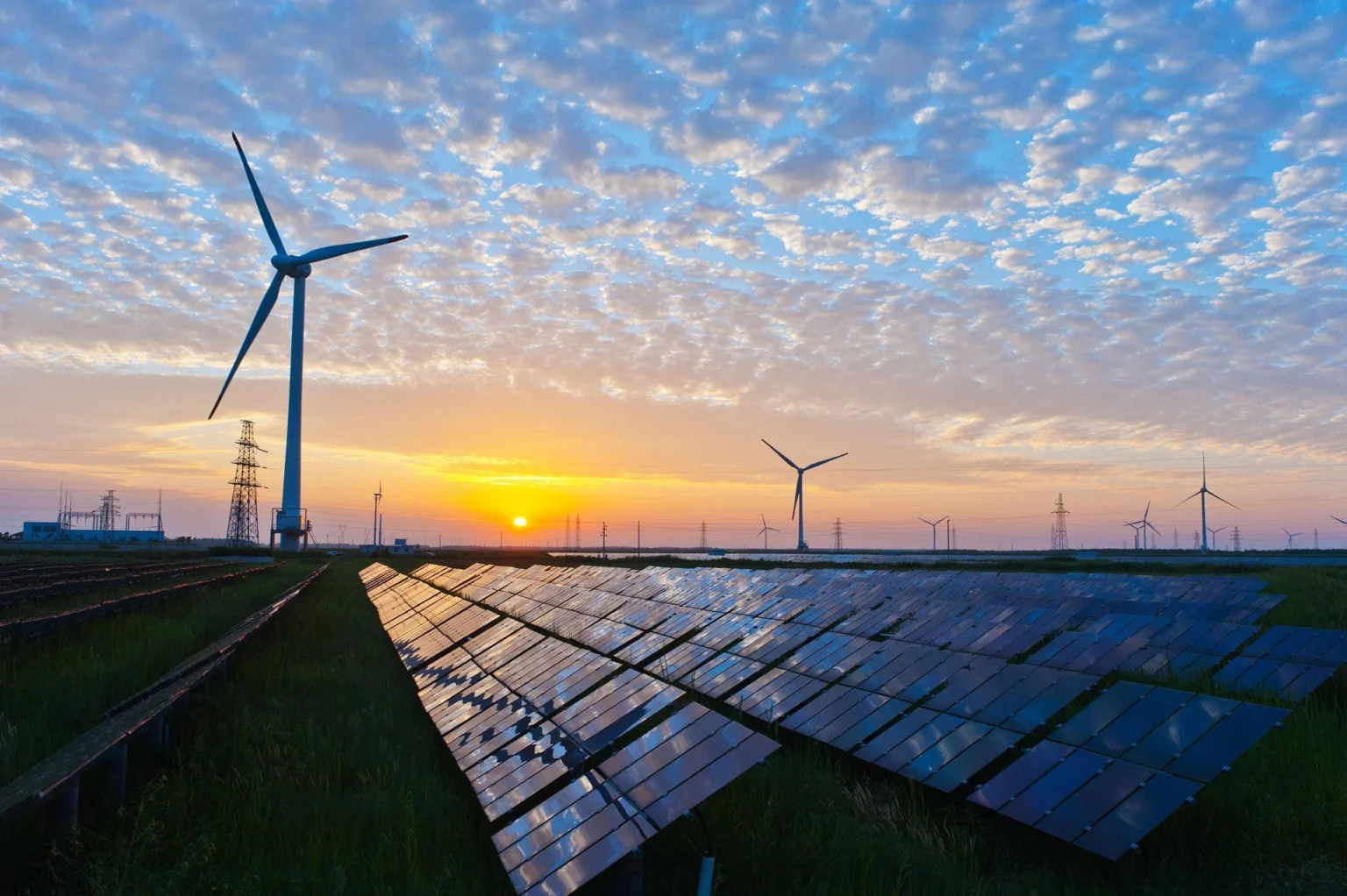The UAE, the second-largest economy in the Arab world, plans to expand its solar power projects significantly by 2030 to meet growing energy demands, according to the country’s energy minister, Suhail Al Mazrouei.
The UAE, which aims for net-zero emissions by 2050, will launch “one or two” large-scale solar farms annually until the decade’s end, similar to Abu Dhabi’s successful projects, Mr. Al Mazrouei stated at the RAK Energy Summit.
“We are seeing probably the highest energy demand ever due to the economic growth in the country,” said Mr. Al Mazrouei.
The UAE government is targeting 30% of its energy to come from clean sources, including renewable energy and nuclear power, by 2030.
“Currently, we have about six gigawatts of renewable energy, and we plan to reach 15 gigawatts or more by 2030,” the minister added.
Abu Dhabi Leads the Way with Major Solar Projects
Last year, Abu Dhabi launched the Al Dhafra solar power plant, a two-gigawatt facility and one of the world’s largest solar projects. This plant supplies electricity to 200,000 homes and is expected to reduce Abu Dhabi’s carbon dioxide emissions by over 2.4 million tonnes annually, equivalent to removing about 470,000 cars from the roads.
Abu Dhabi also boasts the Middle East’s “cleanest grid,” with a carbon intensity of just 270 grams of carbon dioxide per kilowatt-hour, compared to the global average of over 400 grams per kilowatt-hour, according to Mr. Al Mazrouei. The Barakah nuclear power plant in Abu Dhabi generates 40 terawatt-hours of electricity annually, covering up to 25% of the UAE’s electricity needs.
Investments in Hydrogen and Artificial Intelligence
The UAE is also investing in green hydrogen production and sustainable aviation fuel to support its clean energy goals. The nation aims to produce 1.4 million metric tonnes of hydrogen annually by 2031, scaling up to 15 million metric tonnes by 2050.
Artificial intelligence (AI) is expected to play a crucial role in driving future electricity demand. Since the launch of the UAE Strategy for AI in 2017, the Emirates has introduced various AI-driven smart systems across key sectors.
According to the International Energy Agency, the electricity consumption of data centers globally could more than double by 2026, increasing from 460 terawatt-hours in 2022 to 1,000 terawatt-hours.





